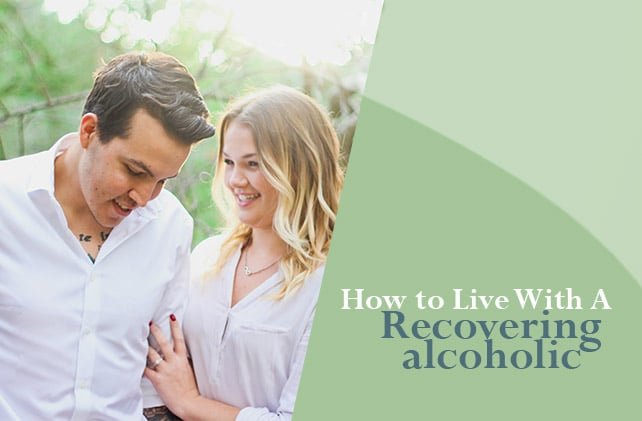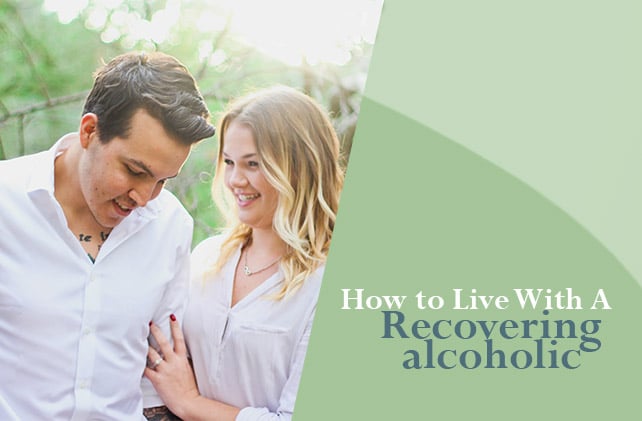The Drug and Alcohol Recovery Process
The Drug and Alcohol Recovery Process
Just like every person experiencing addiction is unique in their experiences, type of addiction, and addiction history, the recovery process has its own uniqueness. Common steps to take toward drug and alcohol recovery:
Realization that drugs or alcohol have become a problem.
Maybe you have seen that drugs or alcohol have created a big problem in your life and you need to change. Maybe your friends and family have told you that you need help, or maybe you are forced to get treatment from the court system or work. Whatever the reason may be that you are seeking help, it is necessary for you to not only want to change but that you are committed to transitioning your life from active addiction to recovery. It will take a lot of hard work and dedication, but a healthy, sober life is worth fighting for!
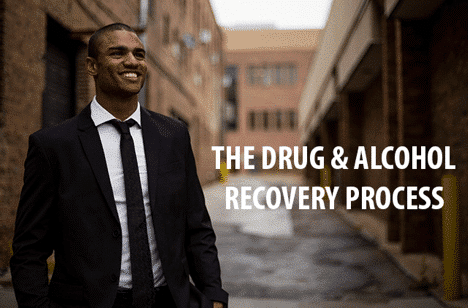 Determine which treatment is best for you.
Determine which treatment is best for you.
Educate yourself about drug and alcohol treatment process and then determine which program best suits your needs. It is important that you feel comfortable with the facility and staff that you have chosen to start your drug and alcohol recovery process. Don’t hesitate to contact New Day Recovery at 330-953-3300 so that we can answer any questions you have about treatment at our facilities and our admissions process.
Detoxification is the first step towards successful drug and alcohol recovery.
The severity of detoxification depends on the drug and dosage that was abused, the length of the abuse, and your body’s metabolism and health. A safe and medically-supervised environment during detoxification is necessary. Maintenance medication may be given to reduce withdrawal symptoms so you can focus on your recovery.
Rehabilitation requires support and therapy.
It is of utmost importance that patients understand the core reasons as to why they became addicted. These issues need to be understood and addressed so they will not fall back into addictive behavior. Individual and group therapy will help you identify when and why you started using the substance, identifying triggers and how to deal with tempting situations. Family therapy can resolve issues in the family. It is beneficial to have the support of family and friends on your road to recovery. Identify those that you know you can trust to help you get through tough times and avoid relapse.
Maintaining your sobriety.
Being sober and completing rehab is a major step in the drug or alcohol recovery process. Now you need to continue a sober life by avoiding relapse. If you do relapse, forgive yourself, learn from it, and get back on track! You know your triggers and cravings. It is essential for your recovery to continue to avoid the people, environments, and situations that act as triggers for you. Aftercare programs can give you the support to stay committed to your drug and alcohol recovery. 12 step programs such as Alcoholics Anonymous (AA), Narcotics Anonymous (NA), Heroin Anonymous (HA) can be extremely helpful. Other faith-based or secular support groups, or individual or group counseling are also helpful in maintaining sobriety. Whatever option you choose, surround yourself with the support you need to stay sober.
Build a new life without drugs and alcohol.
Start fresh by finding activities you enjoy to replace the times that you were using drugs or alcohol. Start new hobbies, volunteer in the community, exercise, and set new life goals that you can work towards. All of these will help in maintaining your sobriety.
If you or someone you love has questions about the drug and alcohol recovery process and how New Day Recovery can help, we are more than happy to answer any questions you may have! We are here for you and want you to have life-long recovery. Call us at 330-953-3300. Your call is confidential.

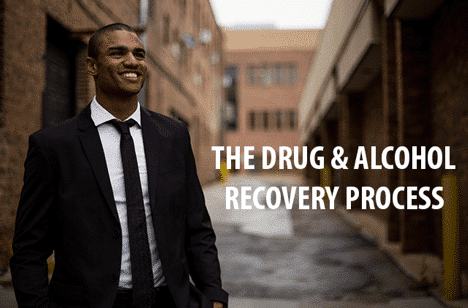

 Think about how far you have come in your recovery and the positive steps you have made to change your life. It doesn’t matter if you have been clean/sober for a week or a few years from
Think about how far you have come in your recovery and the positive steps you have made to change your life. It doesn’t matter if you have been clean/sober for a week or a few years from 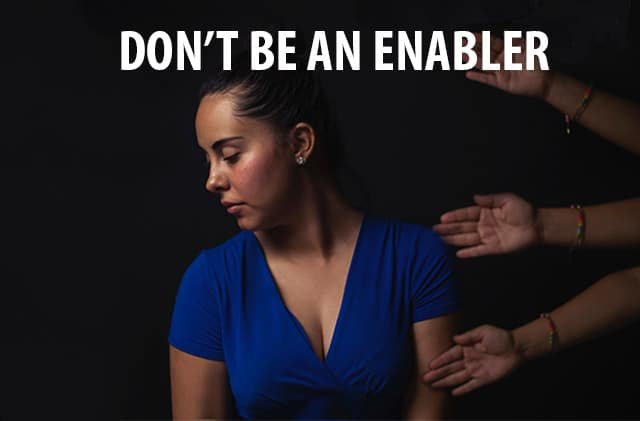
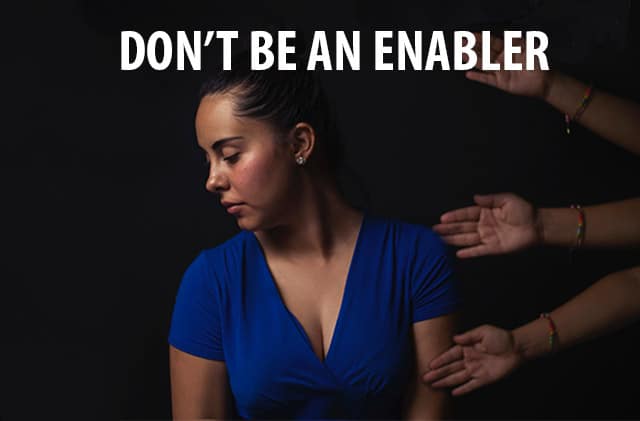
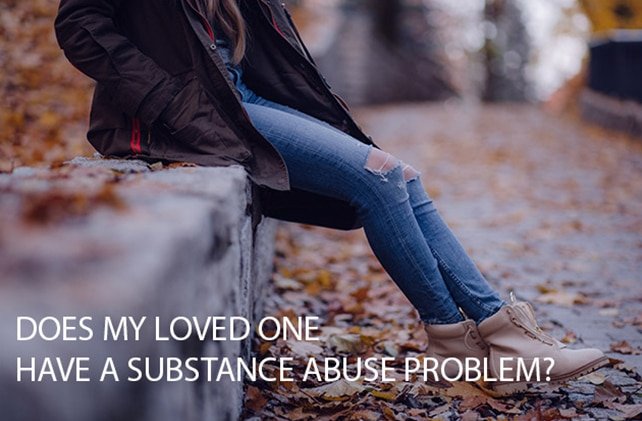
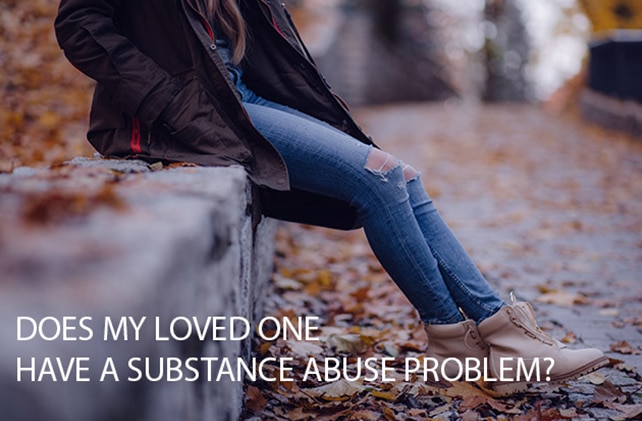



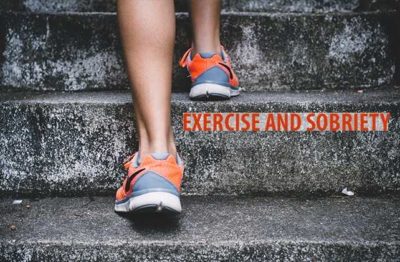 Getting sober is hard. Exercise and sobriety can give drug or alcohol recovery an extra boost. When a person turns from their addiction, many times a void needs to be filled. Physical activity is a positive tool to help fill the void of addiction and give a routine or focus other than using drugs or alcohol.
Getting sober is hard. Exercise and sobriety can give drug or alcohol recovery an extra boost. When a person turns from their addiction, many times a void needs to be filled. Physical activity is a positive tool to help fill the void of addiction and give a routine or focus other than using drugs or alcohol.